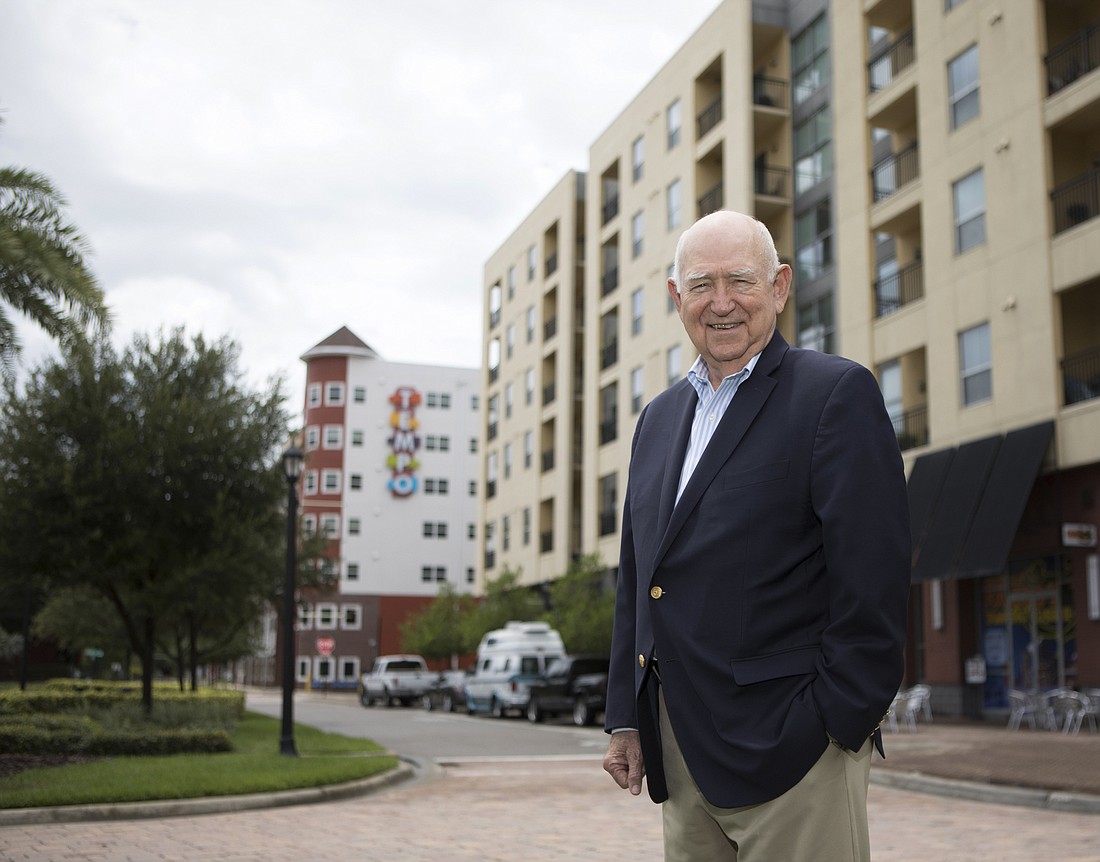- December 15, 2025
-
-
Loading

Loading

In retrospect, Tampa Housing Authority officials acknowledge that 2010 was probably not the most opportune time to begin an ambitious vertical reworking of Central Park Village, a 28-acre tract containing substandard and arcane public housing.
But nearly a decade after the housing authority and joint venture partner Banc of America Community Development Corp. began infrastructure work, the rebranded Encore! neighborhood is celebrating the completion of four residential buildings.